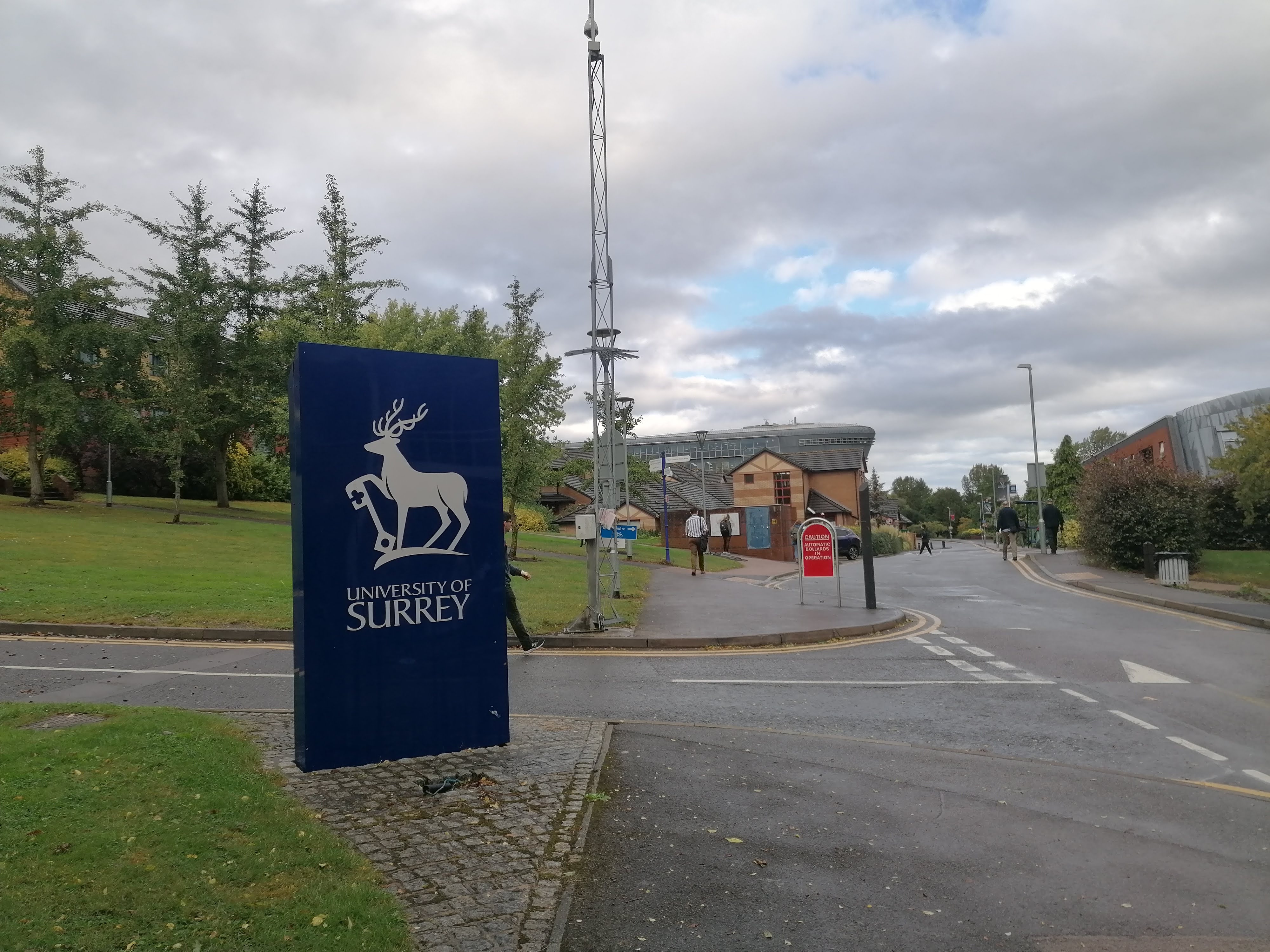When choosing a doctoral programme, one of the key areas I considered alongside areas of research expertise was research culture.
The Royal Society states that “Research culture encompasses the behaviours, values, expectations, attitudes and norms of our research communities. It influences researchers’ career paths and determines the way that research is conducted and communicated.”
Every research environment from academia to government to industry has a local research culture which feeds into the wider research community nationally and internationally. A combination of highly competitive environments with narrow definitions for success results in poor mental well-being among many researchers as well as slower progress in research. The good news is that things are starting to change within the sector and many universities like Surrey are taking steps to enhance their research culture and support researchers.
The discussion around research culture covers a broad range of topics, such as:
- Open research practices & research integrity
- Equality, Diversity & Inclusion
- Career pathways & progression
- Collaboration and interdisciplinarity
How can we create research communities that are fairer and produce excellent research?
The values, expectations, and standards of research communities shape who is conducting research, what research topics are funded, and how we communicate research. There are a variety of initiatives at Surrey that help start the conversation around these topics and support researchers throughout their time here.

Open research practices & research integrity

Surrey has a strong open research community, which is summed up by this handy web page. Last year I did the ‘Open Research in Practice’ module which is a virtual course created by academics at the university and the library and is hosted on SurreyLearn. The course guides you through the basics of open research, finishing with the creation of an action plan to implement some of the open research practices the course explores within the context of your own research. If you’re a PGR who wants to learn more about open research, this module is a great place to start!
To connect with other academics at Surrey who are interested in open research, there are several groups you can join as a PGR. You can join the Surrey Reproducibility Society and the Open Research Working Group which both host events and have teams channels. Examples of initiatives that these groups have led include the annual Open Research Lecture, the Surrey Open Research Awards, and the Open Research Handbook. The University has a clear stance on encouraging open access and ensuring that we maintain research integrity in our research practice.
Equality, Diversity and Inclusion
In terms of who has access to research careers and researcher wellbeing, EDI is crucial to ensuring that everyone has equal opportunities within research. Here at Surrey, there is a strong EDI focus for everyone, from foundation year students through to PGRs to faculty members and other staff. There are a variety of networks and groups for staff from marginalized groups which PGRs can join. These include:
- The Women’s Network
- The Surrey Embracing Ethnic Diversity (SEED) network
- The LGBTQI+ Equality Group
- The Neurodiversity Network
- The Menopause Support Network
The University also has support for disabled and neurodivergent students as well as faith and spirituality support. In addition, the doctoral college has recently launched the Shine Scholars Studentship which funds Black British students to do a PhD at Surrey. All of these initiatives help us move towards a more equitable and inclusive university environment.
Career Pathways & Progression
Ensuring that everyone has the opportunity for career progression is another important aspect of research culture. Famously, there is a ‘leaky pipeline’ for women in STEM fields, preventing them from reaching the more senior positions both within academia and in industry. The same is true of all underrepresented groups where bias is present in the career progression and hiring process. Linking into the EDI aspect of research culture, initiatives that help level the playing field can aid in reducing the drop-off of minority groups in research environments.
Here at Surrey, the career support is very strong for PGRs, undergraduates, postgraduates, and staff. You can easily get careers advice at the Hive, utilize Surrey Pathfinder, and book a careers consultation through the Doctoral College. I’ve tried to make the most out of these services throughout my time here and it’s helped me build more confidence in interviews as well as aiding with writing my CV when applying for post-PhD jobs.
Collaboration and interdisciplinarity
Collaboration is encouraged at Surrey, with several interdisciplinary research centres such as the Advanced Technology Institute, Surrey Space Centre, and the CVSSP. As well as academic collaboration, there are also lots of opportunities to form connections within the PGR community itself. The annual Doctoral College Conference encourages researchers to connect with others outside their department and there are plenty more ways to meet other researchers such as the many workshops on offer and the Researcher Café which is hosted weekly.
You may also find yourself collaborating with international partners on your PhD research as Surrey has strong connections with groups all around the world. You can check out this blog post to read about my own experience collaborating with groups both in the UK and abroad.
Taking all of the many aspects of the research culture at Surrey into account, it was clear to me when I applied that it was an environment that aligned with my values as a researcher. Over the years I’ve really enjoyed meeting other PGRs and feel that our researcher community has been the ideal place for me to learn how to be a good researcher!
